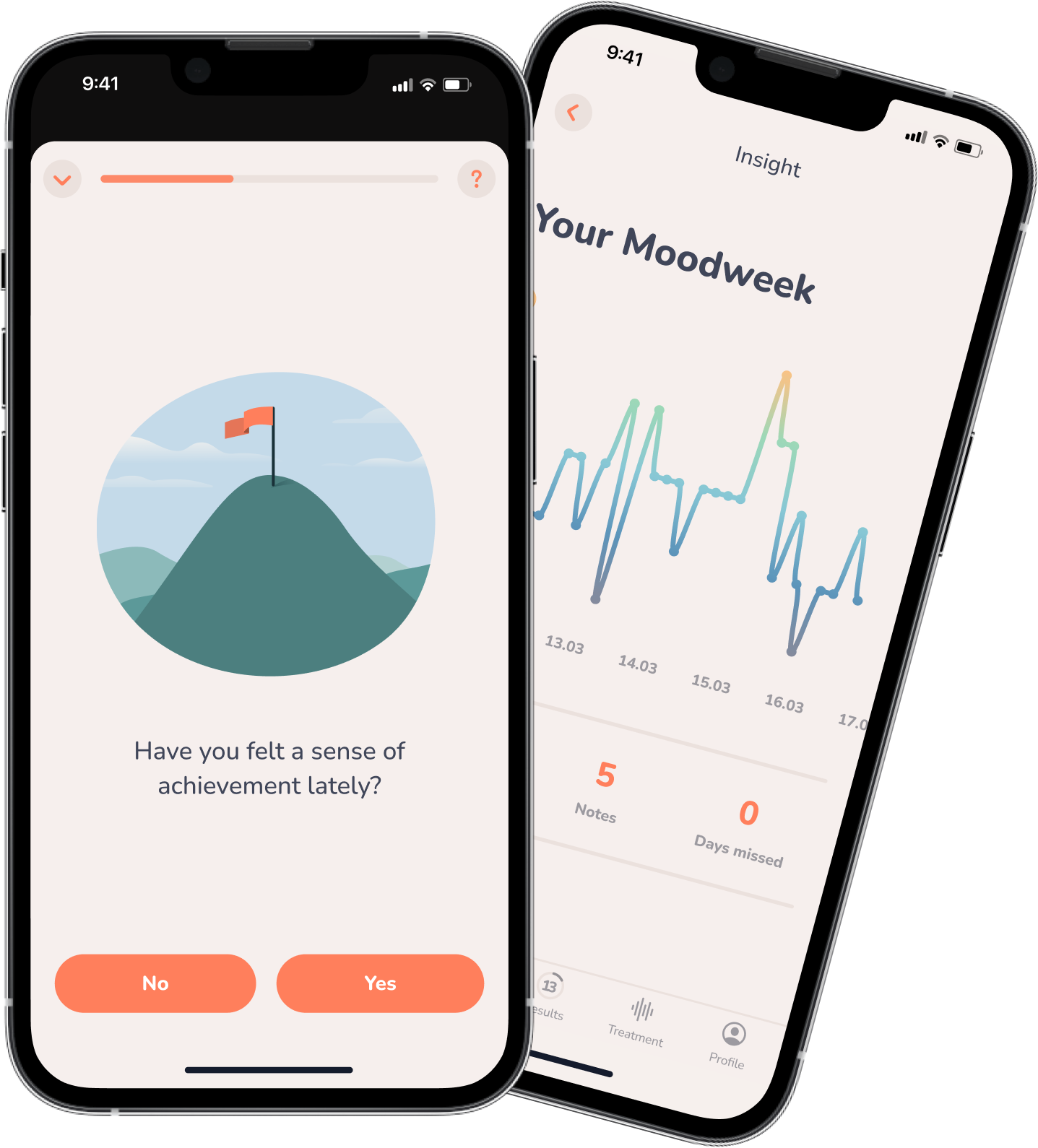Insight
These Are the Signs of Depression to Look Out for
What are the signs of depression? “I am so depressed” is something we say sometimes without giving it much thought. However, depression is a serious and clearly defined mental illness that requires professional help. Here you’ll find out what the signs of depression are and what to do next.
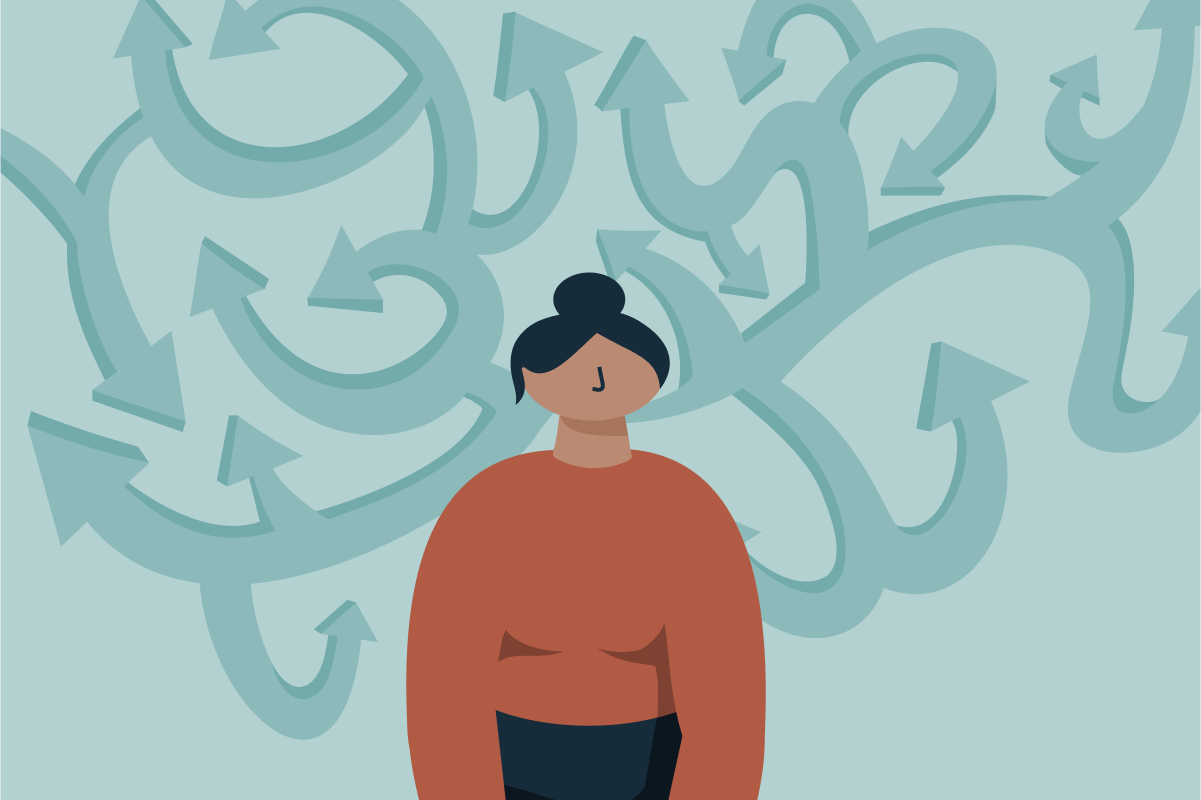
Depression Is Often Underestimated
All of us know what it feels like to have a bad day and to just not be in the mood for anything at all. That’s normal and simply a part of life. But too often we speak casually of being “depressed”. What we forget, is that depression shouldn’t be underestimated. And those struggling with depression are not alone. An estimated 65 million Americans will experience a depression at least once in their life. That makes it one of the most common mental illnesses on the planet.
There is an important difference between sadness and depression. Occasionally being sad and having a low mood doesn’t necessarily mean you are going through depression. The symptoms of depression are clearly defined in the internationally recognized classification system ICD-10 of the World Health Organization (WHO).
What is depression? – Helen M. Farrell (Watch on YouTube)
Everyone Experiences Depression Differently
Not every person with depression suffers from the same symptoms. And of course, only those affected can report how they experience their disorder. Many, however, share similar signs of depression. The world seems grayer than usual and it might feel like some kind of veil has settled over you. You don’t have the energy for simple everyday activities and you don’t find joy in the things that you used to enjoy. Powerlessness becomes the predominant attitude to life.
It is a myth that all depressive people cry a lot. For some, this is the case, while others can no longer cry at all. Sometimes the behavior of those affected is best described as “indifferent”. For those affected, it often feels like they are no longer capable of feeling at all. Therefore, attempts by friends and family to encourage others those struggling with depression can have no effect.
Why Do I Feel This Way Right Now?
You may have asked yourself the same question. “I don’t really have a reason to be depressed.” This impression of being responsible for one’s own condition can lead to self-reproaches and a feeling of guilt. However, depression is no one’s fault, and these guilty feelings aren’t necessary. Many people affected feel small and have nagging self doubts like “I can’t do anything”, “I’m nothing”. Their environment might add to their guilt with platitudes such as “it will all work out”, or even worse, strict accusations such as: “just pull yourself together”. And this could lead affected people to withdraw themselves even more. Men experiencing depression can have a hard time with the false notion that they just have to “toughen up” to get over what they are going through.
During depression, you may find it harder than usual to concentrate, remember things, or make decisions. And not just at work or at school. Sometimes it is difficult to simply follow conversations or just sit still. Others find it difficult to move.
How Am I Supposed to Get through the Day?
Problems falling asleep or irregular sleep can turn getting up in the morning into torture. In addition, great exhaustion can occur during the day, accompanied by the desire for deep, restful sleep. With sleep disorders, one’s mood is often depressed, especially in the morning. This is quite common in depression and is also referred to as the “morning low”.
Signs of Depression Also Manifest Themselves Physically
Some people struggling with depression may initially experience physical discomfort. Patients often report indeterminate head or back pains. Digestive problems, gastrointestinal problems, or heart problems can also occur.
Menstrual problems in combination with depression are not uncommon in women. Postpartum depression, which occurs in up to 15% of all women after the birth of a baby. Many who are struggling with depression unintentionally lose weight. Male depression brings along a whole different set of challenges. The libido – sexual desire – decreases. These individual variations could lead to a depression not being recognized as such for a long time.
Symptoms Influence Each Other
Individual symptoms can influence each other. For example, some people with depression tend to ruminate a lot. And those thoughts revolving around negative experiences can disturb sleep behavior. Poor sleep, in turn, fires negative thoughts or reduces memory performance. This has an impact on concentration and self-confidence. And there you have it. A vicious cycle has been born that must be broken.
In some cases, the negative assumptions are so strong that suicidal thoughts of death can arise. When suicidal thoughts occur, it is time to seek medical or psychological help immediately. Click here for an emergency number to call.
Depression Affects Your Whole Life
This disorder affects a person’s life at its core. Also for relatives, the disorder can pose a very great challenge. Also, romantic relationships can be challenging during depression. You may even withdraw from good friends out of exhaustion or shame. Since depression can affect feelings, thoughts, behavior, and body, it affects the person as a whole. Every aspect of life and one’s entire well-being is affected.
A Depressive Episode Can Be Treated
It is called a depressive episode when a certain number of symptoms persist over a period of at least two weeks. There are different degrees of severity. Experts distinguish between mild, moderate, and severe depressive episodes. A diagnosis can only be made by a doctor or psychotherapist.
The term “episode” indicates that the depression will pass again. Nevertheless, such a phase can last for a long time. Luckily, professional treatment can significantly reduce the period of the depressive episode. If depressive symptoms are detected early enough, countermeasures can be taken in good time – with the aim of returning to a stable and balanced life as soon as possible. Specialized depression tests can help identify symptoms and take the first step.
MindDoc Helps You Take the First Step
If you are wondering if you might be affected by depression, the free app “MindDoc” offers an easy way to gain clarity. It recognizes depressive symptoms and offers you a sound assessment of your mental health.
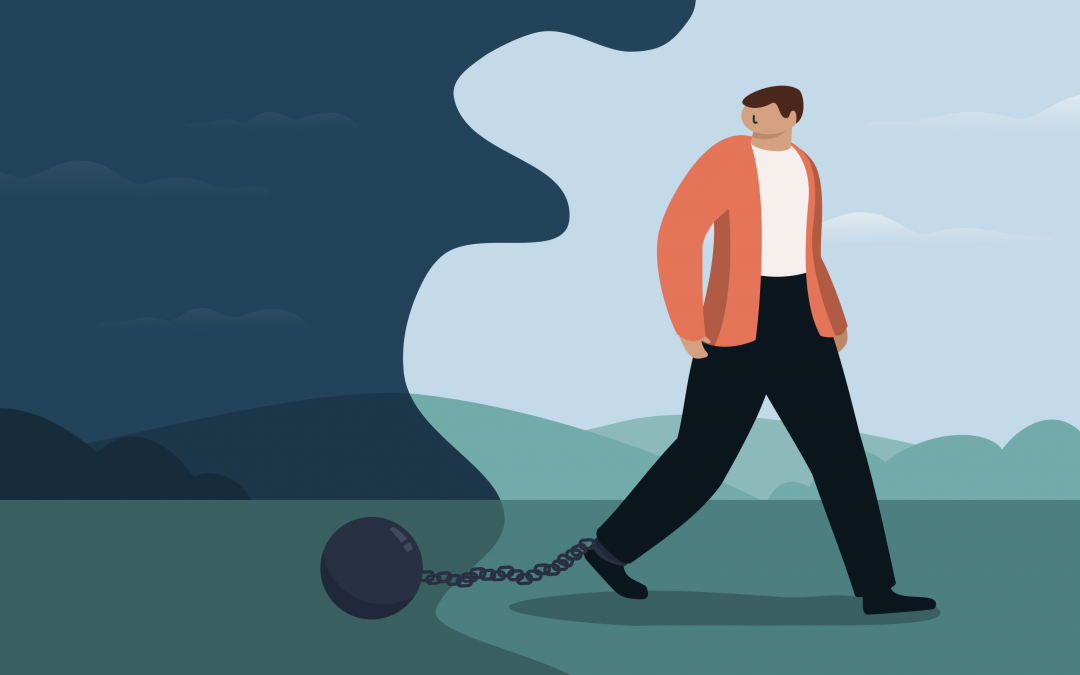
Trauma Consequences: Post-Traumatic Stress Disorder (PTSD)
Traumatic experiences like accidents, violence, or severe illnesses are extremely stressful and can push people to their limits. As a result of trauma, some affected individuals develop post-traumatic stress disorder (PTSD).
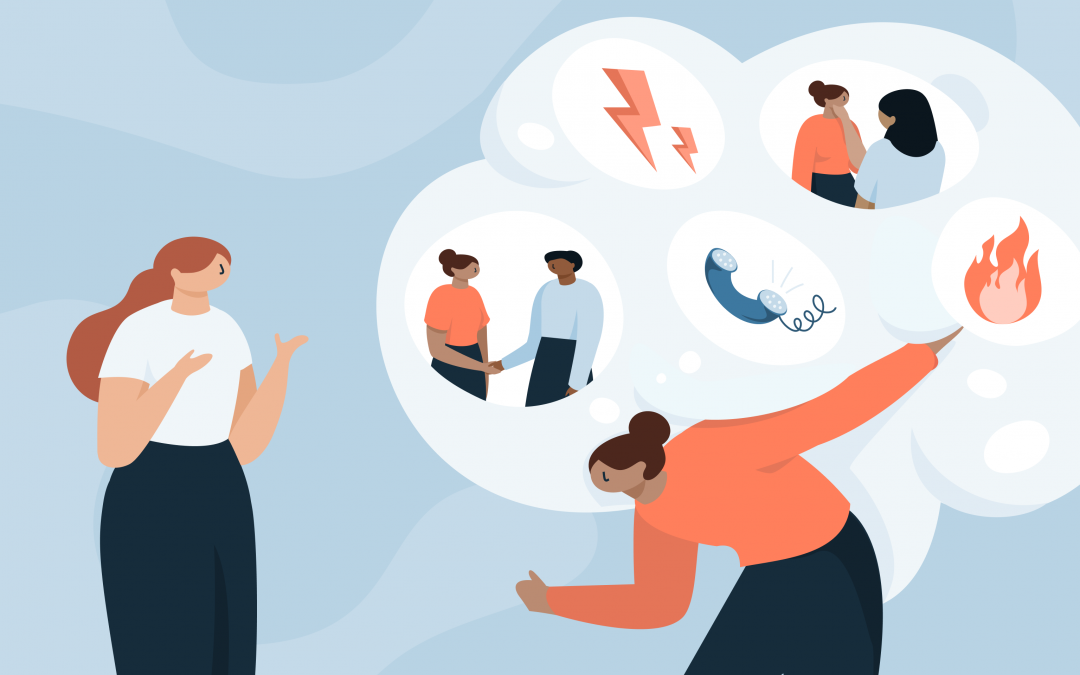
People-Pleasing — When the Fear of Rejection Becomes a Trap
Are you a person who places a high value on kindness, consideration and helpfulness? Or … maybe you tend toward what’s called “people-pleasing”?
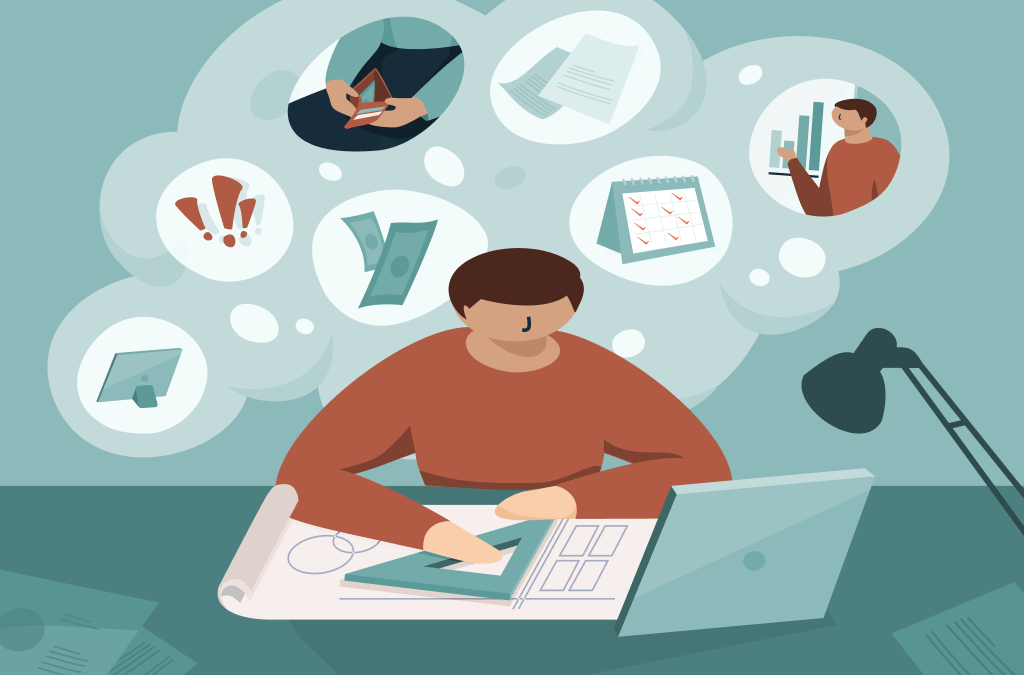
Psychological Needs in the Workplace: How to Meet Them
Deadlines, conflicts, pressure to perform—many people grapple with stressors at work. The extent to which these weigh on someone depends in large part on whether psychological needs are being met at work.
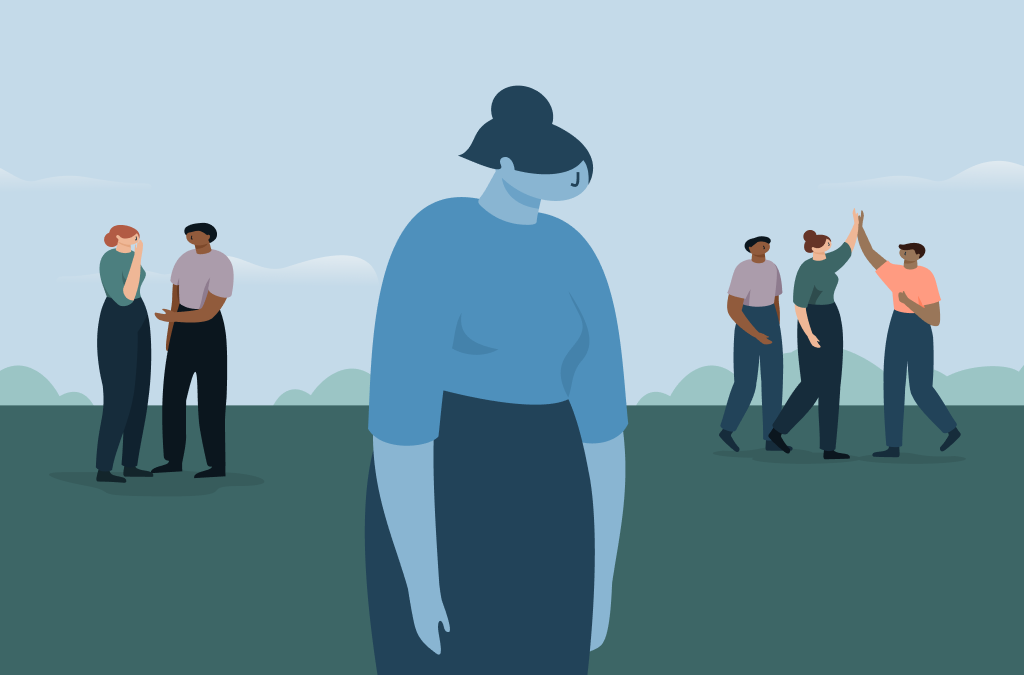
High-Functioning Depression: The Hidden Suffering
When people think of depression, usually intense sadness, low energy, social withdrawal, difficulty getting out of bed, and managing daily life come to mind. But this is not always the case.



